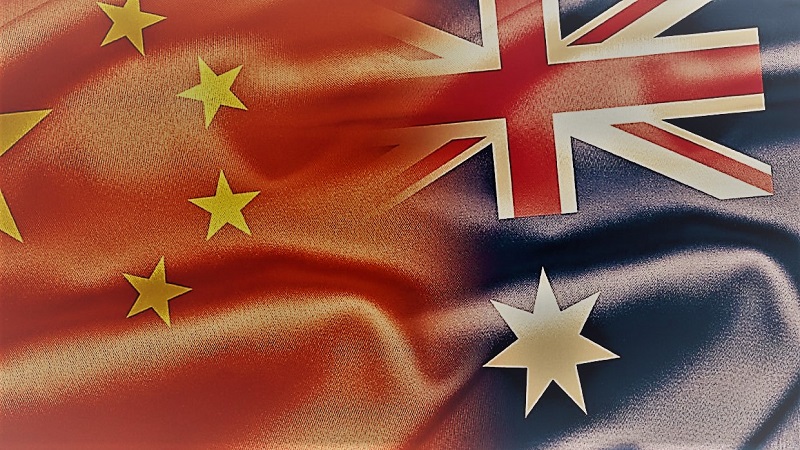Leaders of Australia and China signal thaw in first meeting since 2016
Albanese said he raised the issue of Chinese tariffs and bans on Australian goods, first levelled in 2020 in response to Australia's calls for an international inquiry into COVID-19's origins, but warned against expecting immediate changes. "I put forward Australia’s position when it comes to the blockages in our trading relationship," Albanese said.

Australian Prime Minister Anthony Albanese and Chinese President Xi Jinping signalled on Tuesday they would seek to move past years of disagreements after the first formal meeting between leaders of the two countries since 2016. Meeting on the sidelines of the G20 summit in Indonesia, Albanese said they had discussed trade, consular and human rights issues and had acknowledged their "highly complementary" economies.
"Australia seeks a stable relationship with China. We have big differences to manage but we're always going to be better off when we have dialogue and are able to talk constructively and respective but also honestly," said Albanese told a news conference after the meeting, which lasted just over 30 minutes. The meeting takes place as both countries work to improve relations overshadowed by disputes over trade, Taiwan, human rights and the origins of the COVID-19 pandemic.
Xi said there had never been a fundamental conflict of interest between the two countries, which had great potential for economic and trade cooperation. China is Australia’s biggest trading partner, accounting for up to a third of its roughly A$475 billion ($303 billion) of annual exports.
"Sino-Australian relations has encountered difficulties in past years, and this is not what we wanted to see," Xi said, according to state broadcaster CCTV. Albanese said he raised the issue of Chinese tariffs and bans on Australian goods, first levelled in 2020 in response to Australia's calls for an international inquiry into COVID-19's origins, but warned against expecting immediate changes.
"I put forward Australia’s position when it comes to the blockages in our trading relationship," Albanese said. "It was a positive discussion, we put forward our position. It was not anticipated that a meeting such as that you get immediate declarations."
Australia's relations with China began to sour in 2017 when Australia introduced laws to deal with what it said was Chinese interference in Australian politics. Beijing was also angered by Canberra's 2018 decision to ban its tech giant Huawei from its 5G network on national security grounds, a decision followed by other Western nations.
Two Australian journalists, Cheng Lei and Yang Hengjun, are in jail in China awaiting sentences after closed-door national security trials. Albanese said China acknowledged that Australia had raised the issue of the imprisoned journalists but he gave no further details.
(This story has not been edited by Devdiscourse staff and is auto-generated from a syndicated feed.)
ALSO READ
Patriarch Kirill's Call: Russia's Unique Path Amidst Western Criticism
Green Transport Strategies to Transform the Western Balkans for a Sustainable Future
Devastating Earthquake Strikes Western China
Western Cape’s YearBeyond Programme Opens Doors for Unemployed Youth
Himachal Pradesh Braces for Western Disturbance Amid Snowfall










